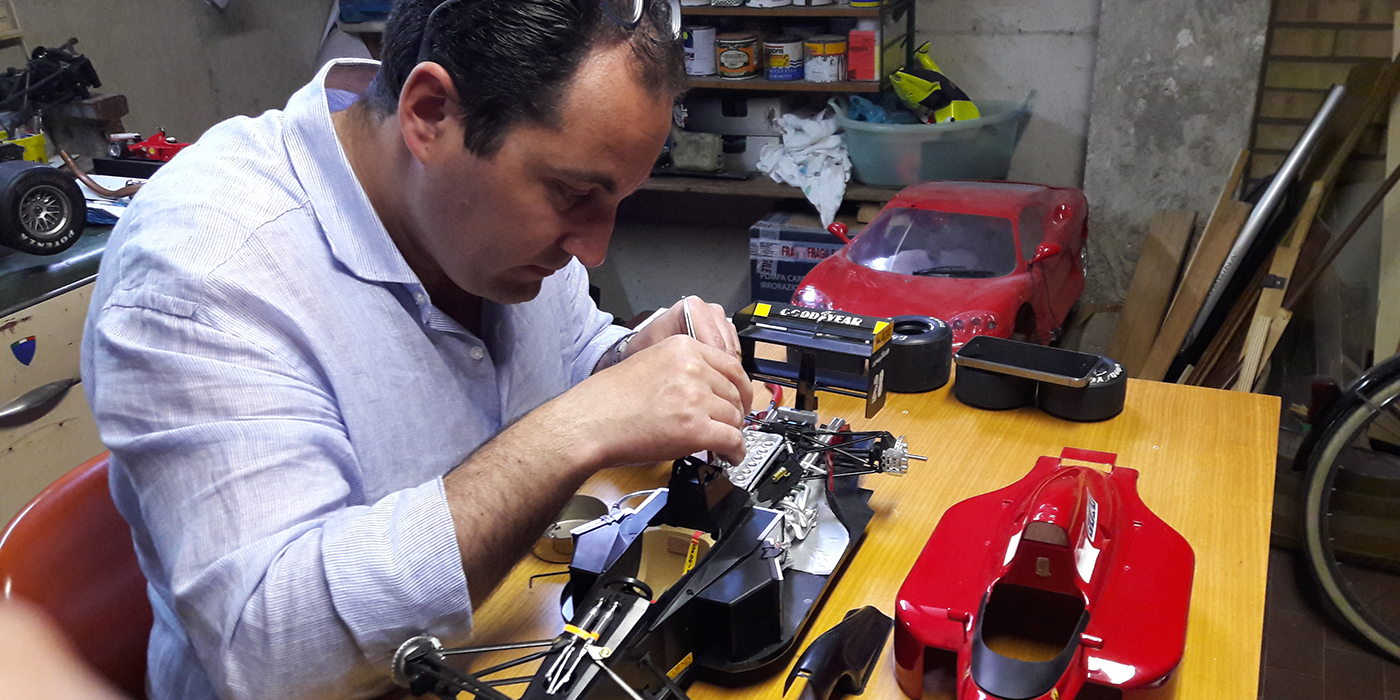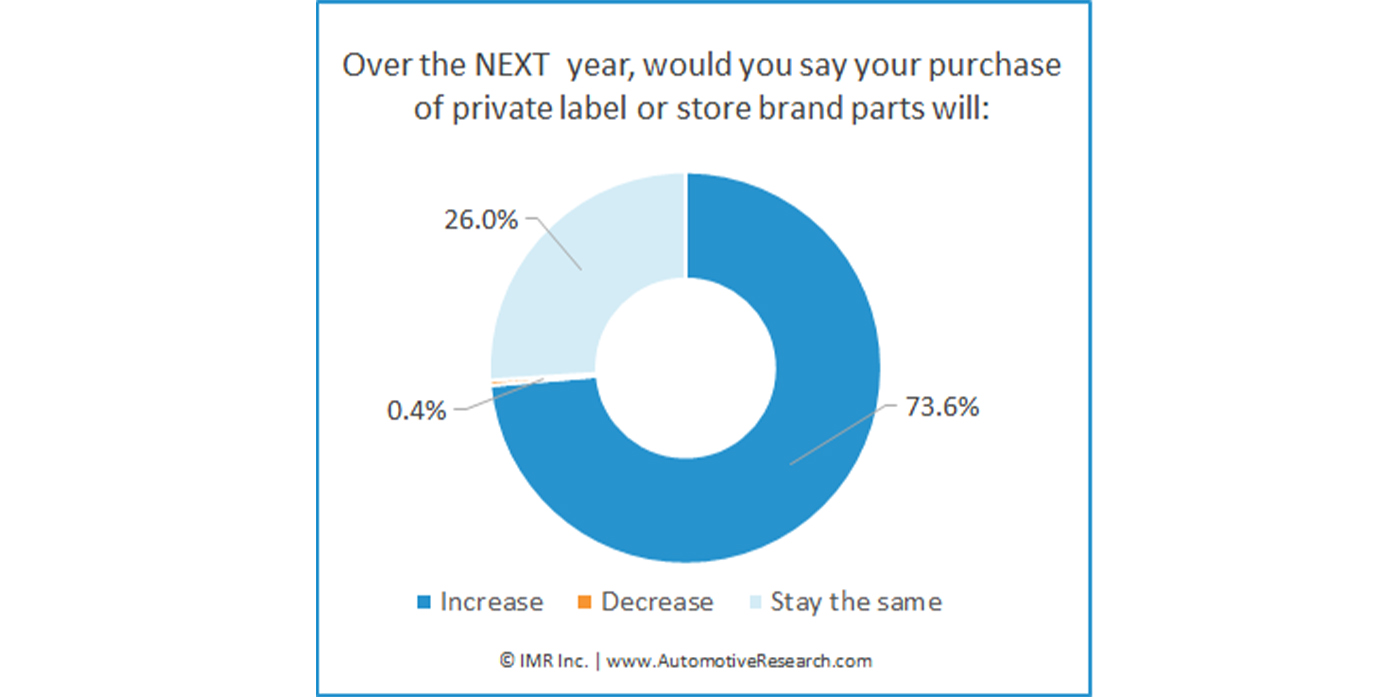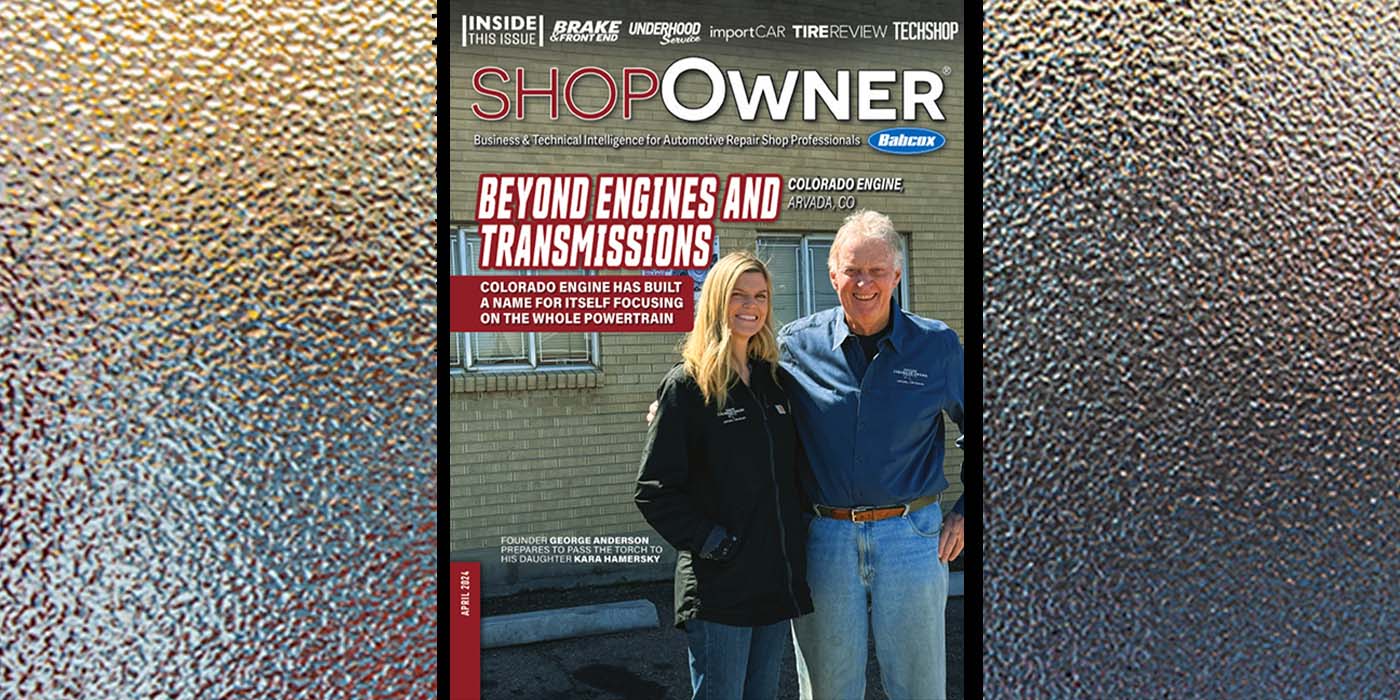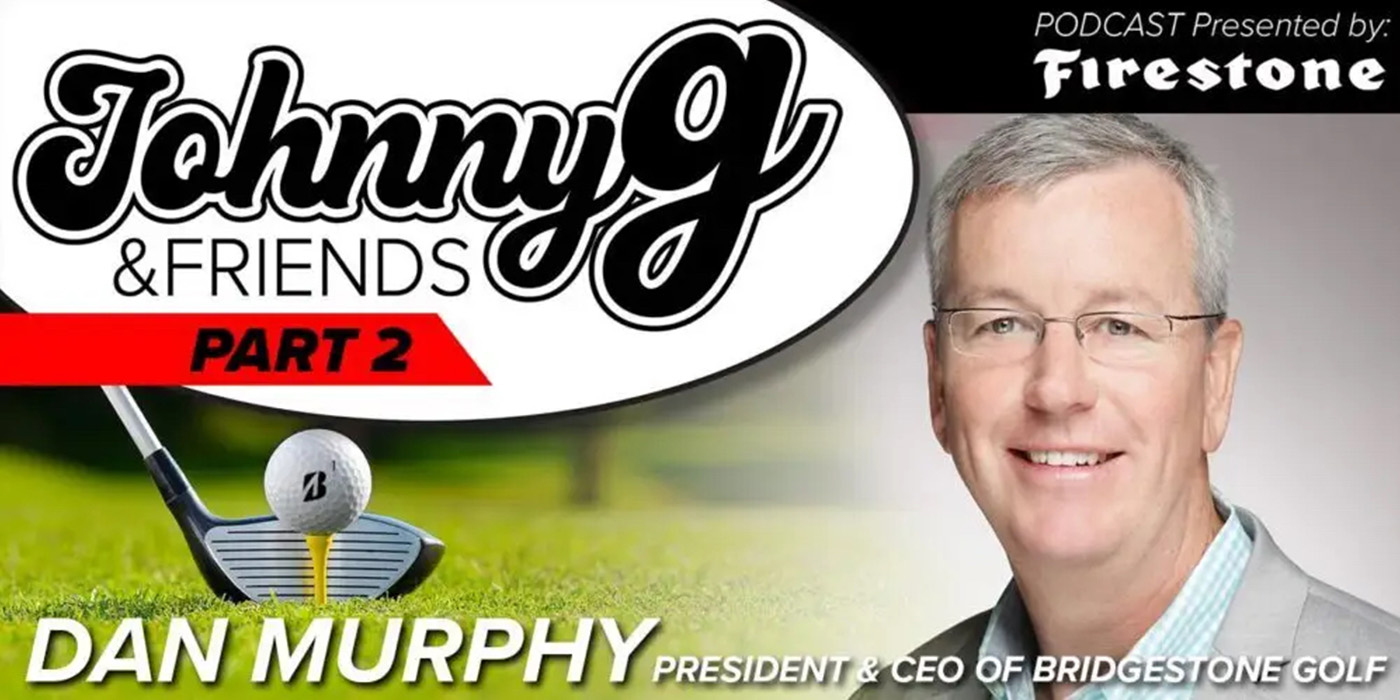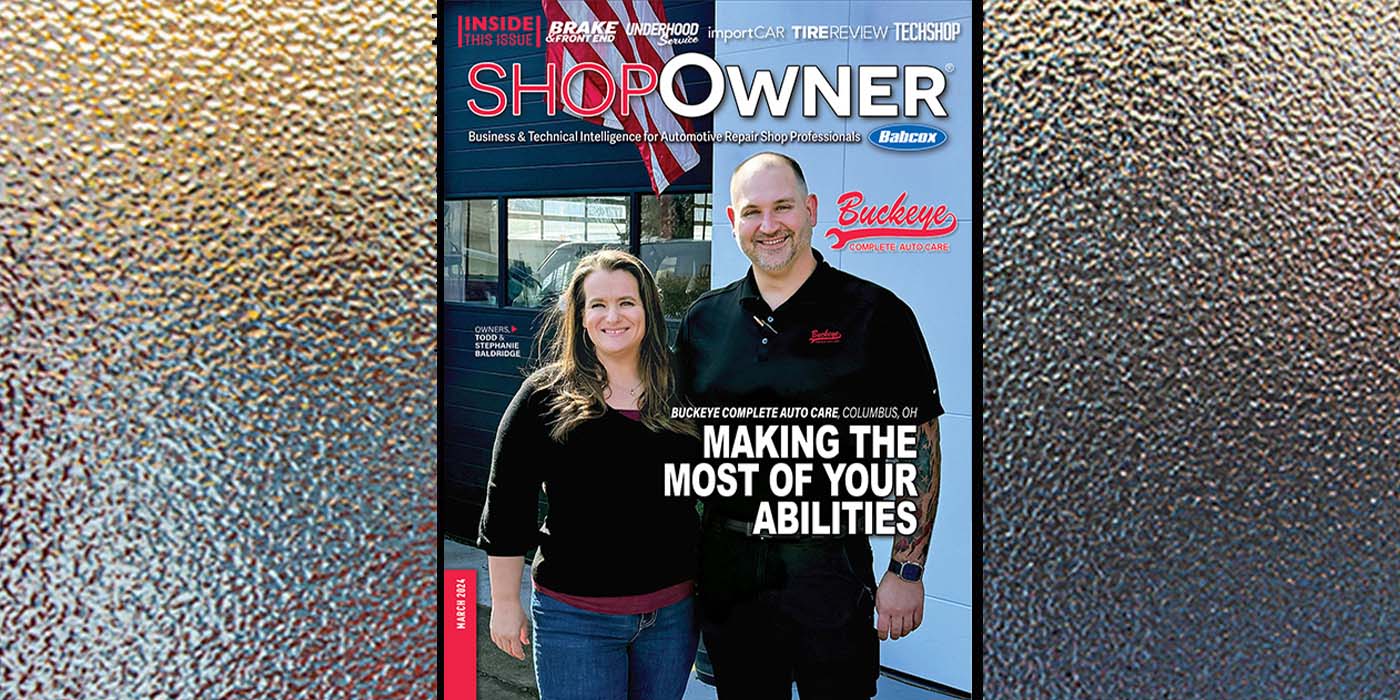 First published in 1990, Stephen Covey’s “The 7 Habits of Highly Effective People” is one of the best-selling and most influential personal development books of all time.
First published in 1990, Stephen Covey’s “The 7 Habits of Highly Effective People” is one of the best-selling and most influential personal development books of all time.
The Seven Habits themselves are a simple set of rules for life and powerful principles anyone can apply to improve their personal productivity and performance.
In this article, we’ll look at each of the habits and how they apply to maximizing success as a sales/customer service professional.
Habit 1: Be Proactive
“Highly effective people make the decision to improve their lives through the things that they can influence rather than by simply reacting to external forces.” – Stephen Covey
This habit, Covey says, is about controlling one’s environment, rather than letting it control you. Highly effective people are proactive leaders who take charge of their situation by focusing on what they can control.
Ineffective people are reactive and controlled by the circumstances of their day. They feel victimized; a product of their environment, their past and other people.
With regard to on-the-job performance, customers want their needs met with speed and purpose, and prefer proactive service providers who take initiative and are responsive to their needs.
Habit 2: Begin With the End in Mind
Covey describes this as the habit of personal leadership, the ability to lead oneself toward desired goals.
Much like designing a blueprint for a building project, highly effective people begin tasks with a clear picture of their ultimate goal. They develop a personal mission statement detailing their version of success and then work diligently toward achieving their goals.
Ineffective people have not developed a clear picture of their goals and therefore have no true sense of personal meaning and purpose.
In a nutshell, a proven path to achieving world-class performance is to begin with what world-class performance is, and then use that model as a template for your business and your team members’ behavior.
Habit 3: Put First Things First
“The key is not to prioritize what’s on your schedule, but to schedule your priorities.” – Stephen Covey
For Covey, this is the habit of personal management, and organizing and implementing activities that are in line with the goals established in Habit 2.
Highly effective people exercise discipline, and plan and execute according to pre-determined priorities. Average and weak performers are typically crisis managers who are unable to stay focused on high-value activities because of their preoccupation with circumstances.
In the case of an auto service professional, “high-value activities” include proactively interacting with customers, managing face-to-face and phone interactions, fulfilling customer commitments and continuously working to improve your sales/professional development skill set.
“Low-value activities” are those supplemental activities that must be accomplished but do not directly apply toward achieving your goal. They are things like completing reports, checking business email, organizing inventory, shop cleaning, etc. These types of tasks should always be a secondary priority to high-value activities, completed at the end of the day or during downtime.
Habit 4: Think Win-Win
“We have committed the Golden Rule to memory; let us now commit it to life.” – Edwin Markham
This Covey habit is the principle that success is a natural extension of a cooperative win-win approach.
This is the exact opposite of the win-lose mindset of ineffective salespeople I have personally witnessed. They try so hard to sell, to “close the deal,” that they lose focus of the most important person in the business relationship — the customer!
World-class organizations and professional salespeople understand that delivering world-class service is a selfless act. They put the customer first in all they do (see Habit 3) and maintain a win-win mindset and methodology.
Habit 5: Seek First to Understand and Then to be Understood
“Although the tongue weighs very little, few people are able to hold it.” – Unknown
This is Covey’s habit of effective communications and how to improve interpersonal relations through listening.
A chief component of successful communications is the ability to effectively listen to what is being said first before responding. Weak performers blindly make product recommendations before asking about the customer’s needs and preferences.
Seeking first to understand, and then to be understood, is an essential component in being highly effective in your face-to-face and telephone customer interactions.
Habit 6: Synergize
“The whole is greater than the sum of its parts.” – Aristotle
This is the habit of creative cooperation, the principle that the whole is greater than the sum of its parts.
Synergy is the glue of a “winning team culture” framework and speaks to the importance of all team members working well together and contributing to the shop’s mission.
Highly effective organizations recognize the sum of collective knowledge is greater than individual wisdom, and they encourage information sharing and an environment of open communication where employees are comfortable contributing their feedback and ideas to improve performance.
Habit 7: Sharpen the Ax
“If I had eight hours to chop down a tree, I’d spend six hours sharpening my ax.” – Abraham Lincoln
According to Covey, this is the habit of self-renewal, enabling personal growth and development.
Effective people are proactively involved in self-renewal and self-improvement. Ineffective people lack a program of self-renewal and self-improvement and, therefore, cease to improve and often decline in performance over time.
Not sharpening the ax is the reason most individuals are not highly effective. They attend a training session and don’t continue to sharpen their skills afterward.
To create true world-class performance and lasting success, your business must consistently sharpen the ax with a regular training regimen and a commitment to continuous professional development.








